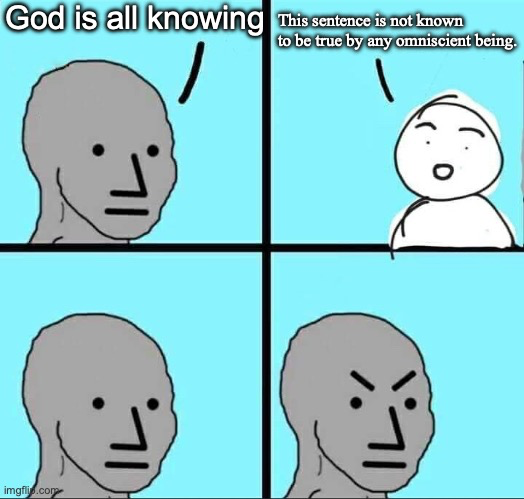If the Republicans are going to call the Democrats communists and socialist regardless of how moderate a campaign Democrats run, Democrats might as well lean further left on economic policy. Appealing to the right does nothing because the right can appeal to the right better than the center-left can
Any company that receives government subsidies or is bailed out because it's too big too fail or whatever the reason should be mandated to become a worker coop
I'm a leftist as well. The paper argues that the non-democratic liberals are wrong about the implications of liberal principles. It even goes further and makes an argument that coherent liberalism must also oppose capitalism, and capitalism is inherently non-democratic. By the end, the paper argues that a democratic economy controlled by workers is the only kind of economic organization compatible with liberalism. Capitalist liberalism is poison because it is incoherent
Socialism vs capitalism is a false dichotomy. There are other alternatives like economic democracy or mutualism where all companies are democratic worker coops. There are other critics of capitalism besides Marx such as the classical laborists like Proudhon and their modern intellectual descendants like David Ellerman
The employer-employee contract
It violates the theory of inalienable rights that implied the abolition of constitutional autocracy, coverture marriage, and voluntary self-sale contracts.
Inalienable means something that can't be transferred even with consent. In case of labor, the workers are jointly de facto responsible for production, so by the usual norm that legal and de facto responsibility should match, they should get the legal responsibility i.e. the fruits of their labor
While many socialists supported worker coops in the interim, an economy of exclusively worker coops comes more so from the classical laborists such as Proudhon.
After capitalism,
- All firms should be democratic worker coops. The legal system would recognize the inalienable right to workers' control.
- Land and natural resources should be collectively owned with revenue from private use of this collective property going out as a UBI. The atmosphere is included and any carbon fees are included.
- Pools of collectivized capital democratically controlled by workers in member worker coops. Each worker coop leases all its capital from the pool
Land value tax would solve this when combined with a UBI from the revenue it generates
Not rightfully so
Doing what you're told does not relieve you of responsibility for the results of your actions
Reasons for anticapitalism
- It violates inalienable rights to democracy and to get the positive and negative fruits of their labor, which flow from the principle that legal and de facto responsibility should match. In the firm, the employees are de facto responsible, but employer is held solely legally responsible.
- It violates the equal claim to natural resources everyone today and future generations have. It, instead, incentivizes ruining the environment
jlou
0 post score0 comment score


How can this be a rejection of the far left when Harris campaigned as a moderate (e.g. Cheney)? If republican voters are going to think Democrats are communist regardless of how moderate the Democrats are, maybe moderating isn't a good strategy. If the only choice is between right-wing and lite right-wing, right-wing voters will choose the real thing. Even then, Trumpists will still call democrats communists.
Many left polices are popular when they aren't labelled as left
@theonion